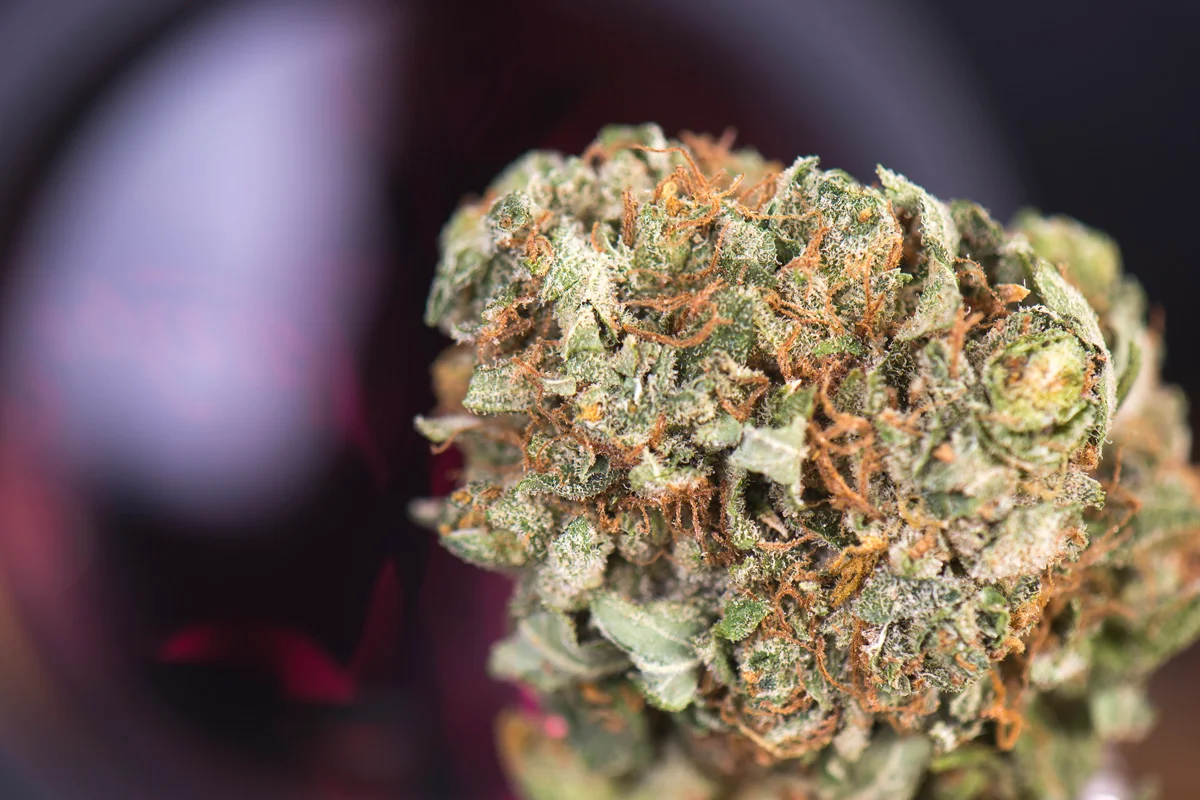We’re Making Something Amazing for You!
Our natural wellness dispensary is getting a glow-up to serve you even better.
We’re enhancing our product listings, improving site speed, and fortifying quality control—because your health and satisfaction matter most.
We appreciate your patience—natural goodness is returning soon!

